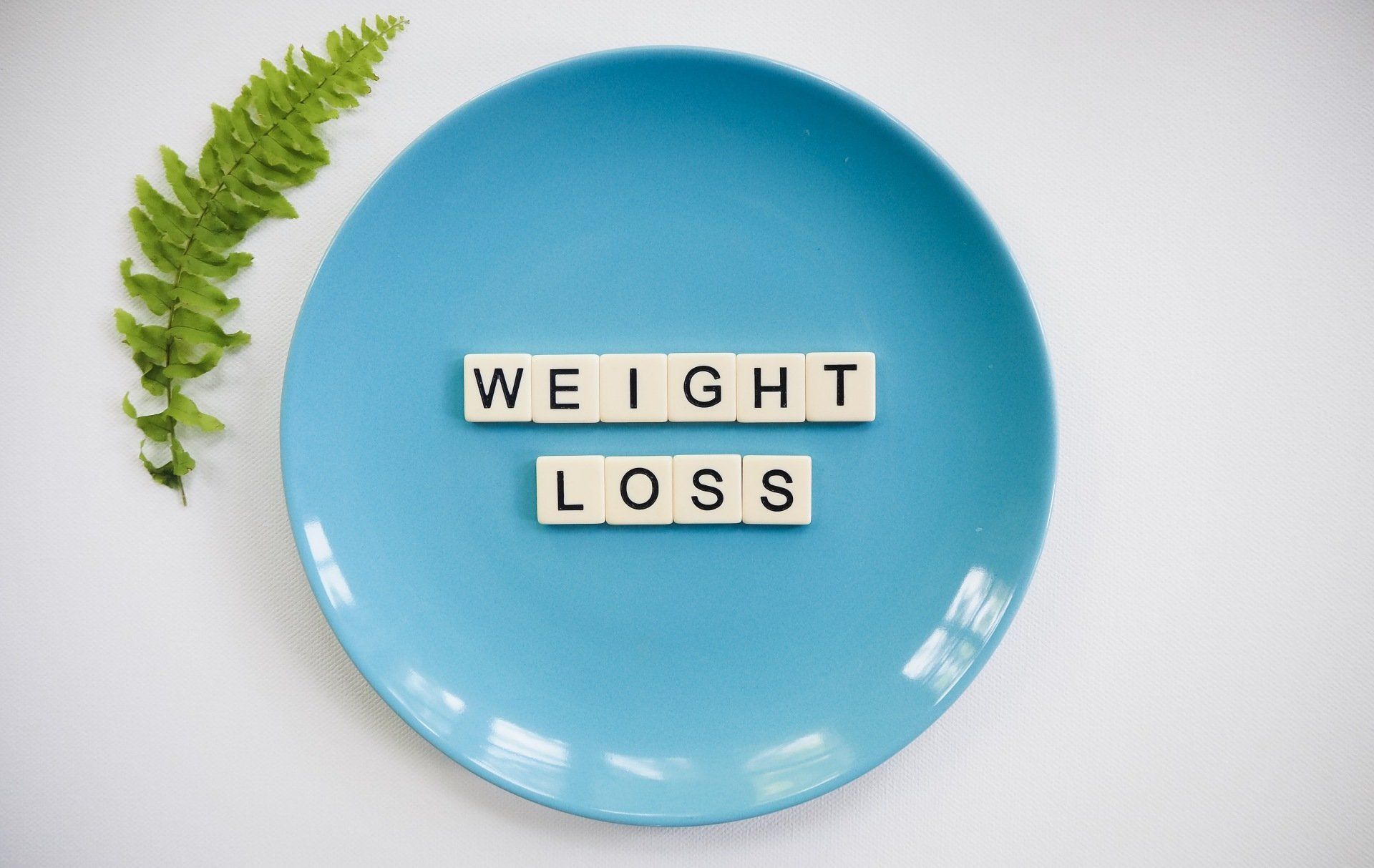Non small cell lung cancer and the ketogenic diet
Dear Dr. Tan,
I have recently been diagnosed with non-small cell lung cancer.
Does it make sense for me to try the ketogenic diet ?
Can I combine this with chemotherapy?
Mr. Anxious in California
Non Small Cell Lung Cancer and the ketogenic diet
I receive this question everyday. Lung cancer is very common, especially in people over the age of 60.
There are two main types of lung cancer, Non Small Cell lung cancer (NSCLC for short) and the other variety called Small Cell lung cancer (SCLC). These are staged differently, and treatment is also tailored to the stage. The American Cancer Society estimates that for the year 2018, there will be over 234,000 new non small cell lung cancer cases in the United States, and from that number, men outnumber women (121,680 men versus 112,350 cases in women). The chance of getting lung cancer is 1 in 15 in a man’s lifetime, and 1 in 17 risk in women. 154,050 deaths from lung cancer are expected this year.
Chemotherapy is the mainstay of treatment, especially if the tumor is so advanced, it cannot be removed by surgery or radiation. As far as the ketogenic diet being studied in lung cancer, there were experiments wherein non-small cell lung cancer cells were injected into lab mice. The mice were then separated into two groups. One group was fed a ketogenic diet and the other, a standard diet. The mice were then treated with chemotherapy and radiation. The tumors shrank more in the ketogenic fed group. The scientists then conducted a human study at the University of Iowa, but unfortunately could not make any good conclusions due to a very low number of recruited patients.
https://www.ncbi.nlm.nih.gov/pubmed/28437190
Researchers at the University of Texas in Dallas found that a type of non small cell lung cancer, the squamous variety, has more Glut1 expression on the tumors, meaning these squamous cell lung cancer have more sugar cravings than other types of non small cell lung cancers . https://www.google.com/amp/s/medicalxpress.com/news/2017-05-sweetens-cancer-sugar.amp
At the Pittsburgh Veteran Affairs Hospital, although we recruited a larger number of patients, it was by no means a huge sample. The group included not only lung cancer patients, but also other tumor types. Out of the 17 recruits, only two had stage 4 non small cell lung cancer. One patient quit early, while the other enrolled into the trial and followed the diet without difficulty. This gentleman was an 84 year old who decided to try the ketogenic (Modified Atkins diet). Prior to the trial, his diet was high in carbohydrates. He also did not receive chemotherapy or radiation.
He had good family support, and was able to diet successfully until 16 weeks. After the trial was over, the PET CT scans showed that his disease was still stable, meaning that he still had no significant tumor growth. He then decided to return to a regular diet, but died around 6 months later. As far as combining the ketogenic diet with chemotherapy, we still don't have the answer. The Iowa study was trying to answer this question but unfortunately did not recruit enough patients. So the answer is not clear cut. We have ample evidence in mice, but hardly any research was done in humans. Diets are difficult to implement, even harder to monitor. Motivated patients may stick to the diet for as long as 3-5 years. Their experience can be written up as case reports. Although not ideal, case series can sometimes provide a lot of useful information for diseases that otherwise cannot make it into clinical trials due to the rarity of their case.






